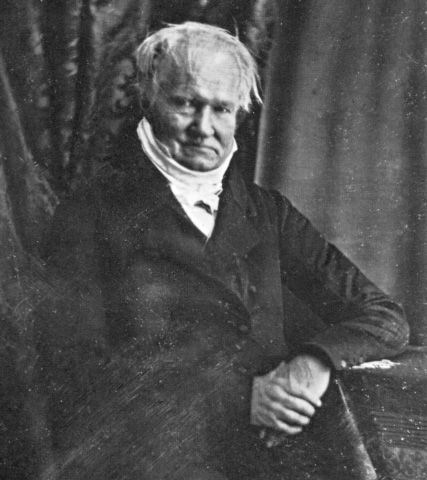I was forty hours without sleep on the last leg of a cross country Greyhound trip last night when the news, vague and uncertain, that Dr. Ken Neller of Harding University had died. Unfortunately, I awoke this morning to find that news
confirmed:
We are grieving tonight the sudden passing of our friend and colleague, Ken Neller. Ken collapsed this afternoon while playing racquetball. Attempts to revive him were unsuccessful. Ken would’ve been 59 next month.
We have mourned here the deaths of several great figures, those I have known and those who have influenced me indirectly, but Ken Neller stands apart both as a man who leaves us without warning and before his time and as a mentor of mine during my formative years at Harding. As a mark of the greatness of his character, word of this tragedy has spread quickly through the diverse networks that demonstrate the far-flung, perhaps unknown reaches of Ken Neller's spiritual and intellectual influence.
I had the privilege of taking roughly half a dozen courses with Dr. Neller as an undergraduate, from larger required courses to small, intimate independent studies, and we came in further contact through my close relationship with Downtown. The memories which I might share about him have flooded back to me in the last twelve hours, and I suspect I will be trading stories with those who knew him in the coming days. For now, let one anecdote serve as a memorial to his character.
Toward the end of my time at Harding, having developed an easy rapport with Dr. Neller, I found myself in a small seminar he was teaching on the prison epistles. It wasn't a class I was required to take or even supposed to be allowed to take, but scheduling conflict has allowed me a special curriculum dispensation. I had taken an independent study with Dr. Neller focusing on the Greek of Ephesians and Colossians the previous semester, so I was more than amply prepared for the kind of vivid discussion that only happen in those last fleeting moments of college when every bit of knowledge seems so urgent.
The seminar was like nothing I had ever experienced, not because of the content or even because of any special insight from Dr. Neller. Instead, what set that experience apart was the respect Dr. Neller paid to his students. So rare in a world in which professors jealously guard the teacher-student power dynamic, Ken Neller treated me more nearly as an equal than a pupil which was all the more humbling. In a debate about the existence of demons, Dr. Neller sacrificed precious class time (and the patience of my peers, no doubt) to make sure he understood the theory I was espousing about the meaning of
Ephesians 6 about which I was writing a paper. Only when he was sure he grasped my point and acknowledged that he hadn't thought of it that way before did class proceed. One day, when I had skipped class for no other reason than I didn't want to go, he found me in the student center to express his regret that I hadn't been there. Not disappointment, mind you, that I had shirked my academic duties but genuine regret that we hadn't been able to enjoy our customary interchanges. And when the time came, as it inevitably does, for him to assign readings which he had written and published, he singled me out and solicited my public criticism of his argument, which I offered and which he accepted as valid.
Death has a way of chiseling our memories into marble, smoothing out the rough-hewn edges of humanity. It would be all too easy to forget times when I fumed against his comments on my papers (sometimes to his less than patient person) or his intransigence about breaking from the traditional Greek curriculum. Still, the essence of his character was gentle and compassionate. He smiled easily and perhaps a little goofily. He spoke of his wife often and only with the greatest respect, an important influence for a newly married nineteen year old me. He calmly advised temperance when my lust for academic conflict prompted less than diplomatic word choice. He will be deeply mourned, but the loss to his family and those of us who knew him is arguably inestimably less than the loss to the hundreds of future students we all assumed he had left to teach.



